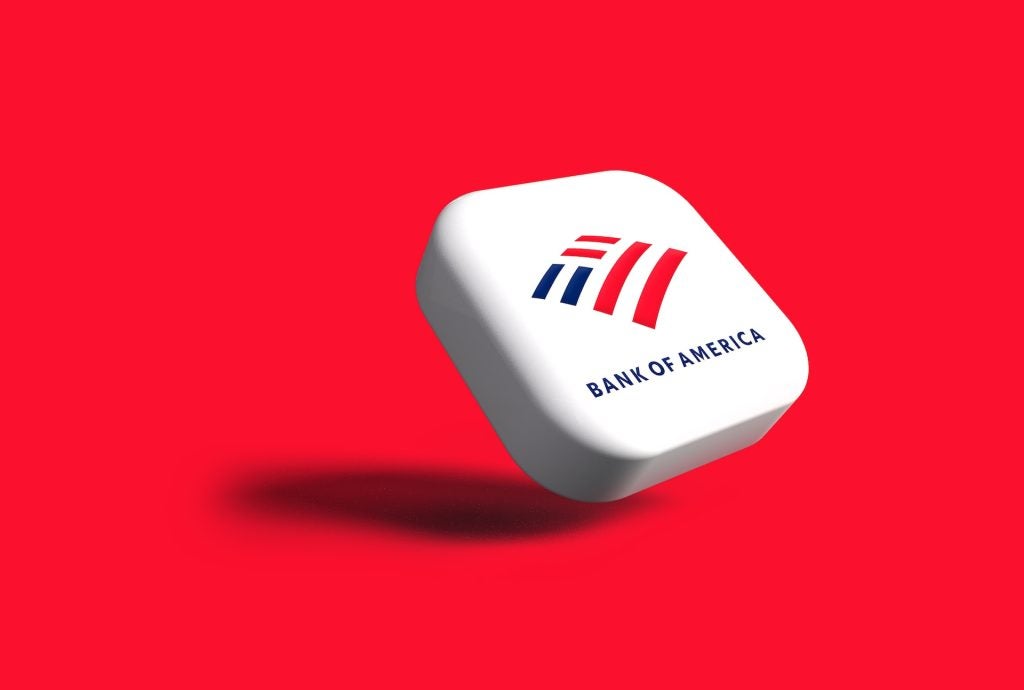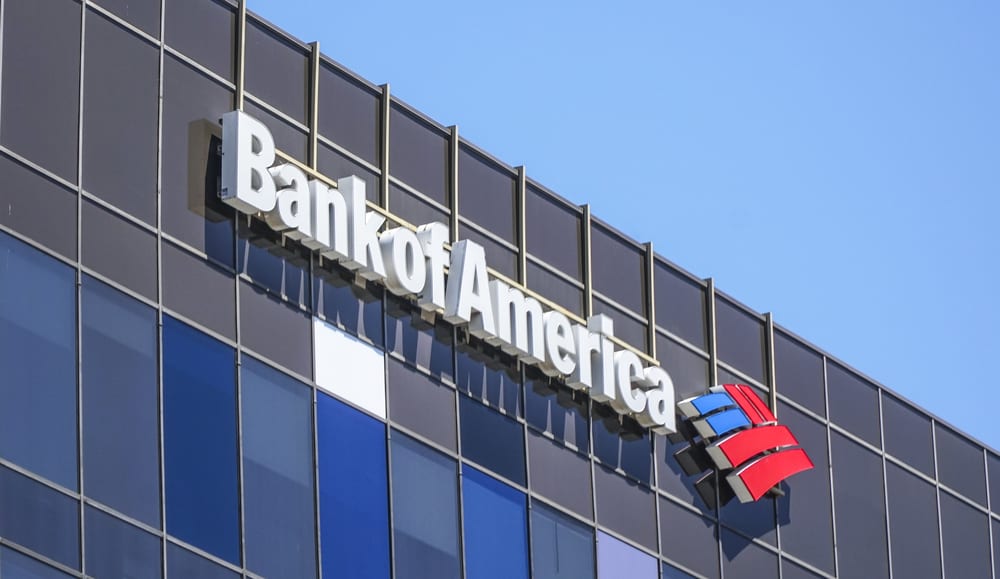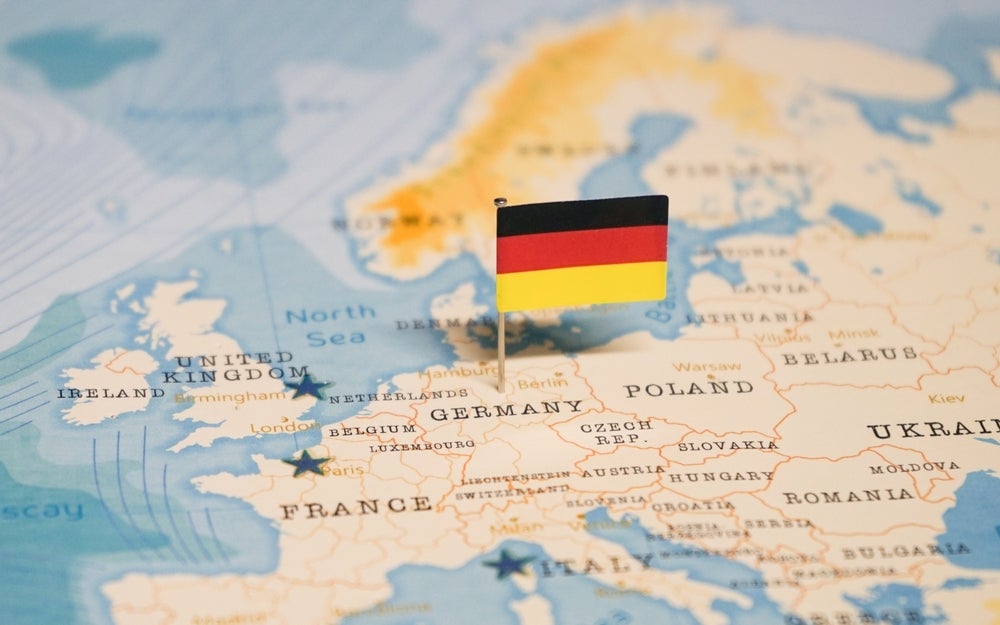Union, Singapore has declared that it will not relax its strict
banking secrecy laws. Singapore has no plans to change banking
secrecy laws, an official at the Monetary Authority of Singapore
(MAS) said. “They allow for the necessary transparency in combating
criminal activity, while safeguarding investors’ interest for
safety and security,” the official said.
The EU is pressing for more transparency in Singapore’s banking
regime and participation in the EU savings tax directive, so the
MAS position could undermine talks for a trade agreement between
Singapore and the EU.
Some members of Singapore’s Parliament told EU counterparts last
month that they are planning legislative changes on their banking
secrecy laws, triggering the swift MAS declaration. Among the
changes sought by the EU is the greater exchange of information
between Singapore and EU countries on suspicious movements of money
between them.
While Singapore’s secrecy laws have helped make it a growing global
private banking hub, the city insists that it won’t become a
shelter for money laundering, particularly with the opening of two
multi-billion dollar casinos in 2009 and its proximity to countries
that are battling terrorist groups.
The European Commission has been negotiating a trade agreement with
Singapore since 2005. In their talks, both sides got to a point
where they were very close to an agreement but banking secrecy
remained a stumbling block, EU representatives said.
Singapore is resisting pressure to join in the EU withholding tax
arrangements, introduced in 2005, which impose a tax on the
investments of EU nationals residing in another EU country. They
are seen as the main stumbling block to a trade agreement.
Switzerland caved in to the pressure and now collects withholding
tax for remittance to the member states of the EU.
How well do you really know your competitors?
Access the most comprehensive Company Profiles on the market, powered by GlobalData. Save hours of research. Gain competitive edge.

Thank you!
Your download email will arrive shortly
Not ready to buy yet? Download a free sample
We are confident about the unique quality of our Company Profiles. However, we want you to make the most beneficial decision for your business, so we offer a free sample that you can download by submitting the below form
By GlobalDataIn its statement, the MAS noted: “The Singapore constitution does
not allow us to collect taxes on behalf of a foreign
country.”
However, the central bank did not indicate whether Singapore will
look into changing its constitution to permit the levying of
withholding taxes on EU citizens.
Singapore will introduce new measures in November to try to detect
money laundering and terrorism financing, the Singaporean police
declared. Anyone carrying or posting cash or negotiable instruments
of more than S$30,000 ($20,650) or the equivalent in foreign
currency, in or out of Singapore, will have to submit a report to
immigration authorities, they said. “This measure is intended to
detect and monitor the movements of currency or bearer negotiable
instruments by cash couriers supporting terrorism financing or
money laundering activities,” according to a police
statement.
Hong Kong to overtake in personal wealth
Personal wealth in Hong Kong will increase faster than rival
Singapore, with the number of millionaires predicted to rise from
51,000 in 2006 to over 83,000 by 2011, according to a new
survey.
A report by researcher company Datamonitor found that assets held
by Hong Kong millionaires will increase from $150 billion to almost
$250 billion over this period, an average annual increase of nearly
11 percent.
“It is Hong Kong’s open economy that has seen its financial
services industry thrive. Competition in the industry is saturated,
with many of the world’s largest financial institutions operating
there,” said David Lalich, Datamonitor analyst and report. “The
nation is heavily dependent on its services industry, which
accounts for almost 90 percent of its GDP.”
There were over 50,000 wealthy individuals living in Hong Kong in
2006 with $1 million or more in onshore liquid assets; this is an
increase from 31,000 in 2002 and represents 12.8 percent annual
compound growth.
“The number of millionaires in Hong Kong will increase at an annual
compound rate of 8.8 percent over the next five years, to reach
83,000 by 2011. This group of individuals will hold aggregate
onshore assets of around $250 billion by 2011, with their onshore
liquid assets likely to increase by 8.9 percent annually over the
period,” Lalich said.
By contrast, the number of Singaporean millionaires is expected to
increase 7.3 percent annually compounded between 2007 and 2011,
while the onshore liquid assets they hold will increase 7.5 percent
annually compounded. At the same time, rocketing real estate prices
and climbing office rental costs could erode Singapore’s role as a
major private banking hub.







